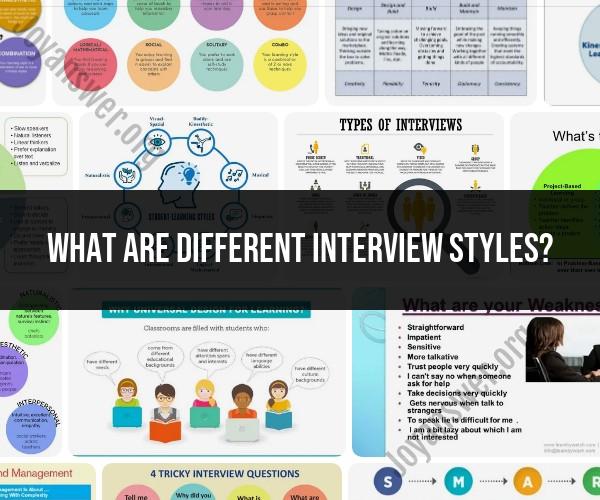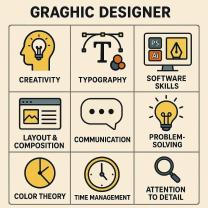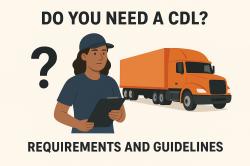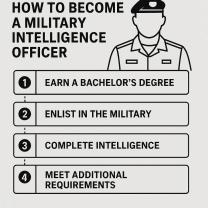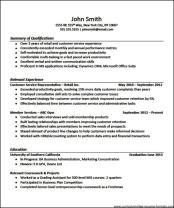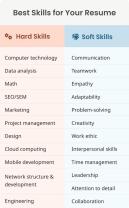What are different interview styles?
Interviews can be conducted in various styles or approaches, each designed to assess different aspects of a candidate's qualifications, skills, and personality. Here are some common interview styles:
Traditional Interviews: These are the most common interview style, where the interviewer asks a series of predetermined questions to assess the candidate's qualifications, experience, and fit for the role. It often involves questions like "Tell me about yourself" and "What are your strengths and weaknesses?"
Behavioral Interviews: Behavioral interviews focus on past behavior as a predictor of future performance. Interviewers ask candidates to provide specific examples from their past experiences to assess their skills and how they handle various situations. Questions often start with phrases like "Tell me about a time when..." or "Give me an example of..."
Structured Interviews: In structured interviews, all candidates are asked the same set of standardized questions. This approach ensures fairness and consistency in evaluating candidates. It's commonly used in large organizations and for positions where objective criteria are crucial.
Unstructured Interviews: Unstructured interviews are more casual and conversational. Interviewers may ask open-ended questions and allow the conversation to flow naturally. The goal is to get a sense of the candidate's personality, communication skills, and cultural fit.
Panel Interviews: Panel interviews involve multiple interviewers, usually from different departments or levels within the organization. Candidates answer questions from each panel member, which can be more challenging due to the variety of perspectives and questions.
Group Interviews: In group interviews, multiple candidates are interviewed together. This approach is often used to assess how candidates interact, collaborate, and communicate in a group setting. It's common for assessing teamwork skills.
Case Interviews: Case interviews are commonly used in consulting and some technical fields. Candidates are presented with a real or hypothetical problem or scenario and are asked to analyze it, make recommendations, and explain their thought process.
Technical Interviews: These interviews are common in technical roles such as software development or engineering. Candidates are asked technical questions or given coding challenges to assess their technical knowledge and problem-solving skills.
Phone Interviews: Phone interviews are typically used as initial screening interviews to assess a candidate's qualifications and interest in the role. They are often shorter and focus on basic questions.
Video Interviews: Video interviews can be live (synchronous) or pre-recorded (asynchronous). They are conducted using video conferencing tools and are commonly used for remote job interviews. Candidates are asked questions and respond via video.
Assessment Centers: Assessment centers are a comprehensive evaluation process that may include a combination of interviews, group exercises, role-plays, and tests. They are used to assess a range of skills and competencies.
Stress Interviews: Stress interviews are designed to put candidates under pressure to see how they react. Interviewers may use challenging or confrontational questioning to assess a candidate's composure and ability to handle stress.
Portfolio-Based Interviews: In creative fields like design or writing, candidates may be asked to showcase their portfolio of work and discuss their past projects in detail.
Situational Interviews: Candidates are presented with hypothetical situations related to the job and asked how they would handle them. This assesses their problem-solving and decision-making abilities.
Cultural Fit Interviews: These interviews focus on whether a candidate's values, personality, and work style align with the company's culture and values. Questions may delve into the candidate's preferences and attitudes.
The specific interview style used can vary depending on the job, industry, and company culture. It's essential for candidates to understand the style of the interview they'll be facing and prepare accordingly.
There are many different interview styles, each with its own unique approach. Understanding the different interview styles can help you prepare more effectively and increase your chances of success.
Here are some of the most common interview styles:
- One-on-one interview: This is the most traditional type of interview, where you meet with a single interviewer. This type of interview is typically more formal and focused on your skills, experience, and qualifications.
- Panel interview: In a panel interview, you will meet with a group of interviewers, typically representing different departments or levels of the company. This type of interview is designed to assess your ability to communicate and interact with a variety of people.
- Group interview: In a group interview, you will interview with a group of other candidates. This type of interview is often used for entry-level positions or positions that require strong teamwork skills.
- Behavioral interview: Behavioral interviews are designed to assess your past behavior and how it relates to the job you are interviewing for. The interviewer will ask you specific questions about how you handled certain situations in the past.
- Technical interview: Technical interviews are designed to assess your technical skills and knowledge. This type of interview is often used for jobs in engineering, technology, and other technical fields.
- Case interview: Case interviews are designed to assess your problem-solving and analytical skills. The interviewer will give you a business case to solve and then ask you to present your solution.
In addition to these common interview styles, there are also a number of other less common styles, such as:
- Stress interview: Stress interviews are designed to assess how you react under pressure. The interviewer may ask you difficult questions or put you in uncomfortable situations.
- Lunch interview: Lunch interviews are less formal interviews that are typically conducted in a restaurant or other public setting. This type of interview is often used to get to know you as a person and to assess your fit with the company culture.
- Phone interview: Phone interviews are typically used as a screening tool to narrow down the pool of candidates. This type of interview is typically shorter and less formal than an in-person interview.
No matter what type of interview you are facing, it is important to be prepared. Do your research on the company and the position, and practice answering common interview questions.
Here are some additional tips for preparing for different interview styles:
- One-on-one interview: Be sure to dress professionally and arrive on time for your interview. Be prepared to answer questions about your skills, experience, and qualifications. Be confident and enthusiastic, and make eye contact with the interviewer.
- Panel interview: Dress professionally and arrive on time for your interview. Be prepared to answer questions from each of the interviewers. Be respectful and attentive to all of the interviewers.
- Group interview: Be prepared to introduce yourself and participate in group activities. Be respectful of the other candidates and avoid dominating the conversation.
- Behavioral interview: Be prepared to give specific examples of how you have handled similar situations in the past. Be honest and authentic in your answers.
- Technical interview: Be prepared to answer questions about your technical skills and knowledge. Be able to explain your thought process and to solve problems logically.
- Case interview: Be prepared to analyze the business case and to present a clear and concise solution. Be able to answer questions about your solution and to defend your recommendations.
By understanding the different interview styles and preparing accordingly, you can increase your chances of success in any interview.
